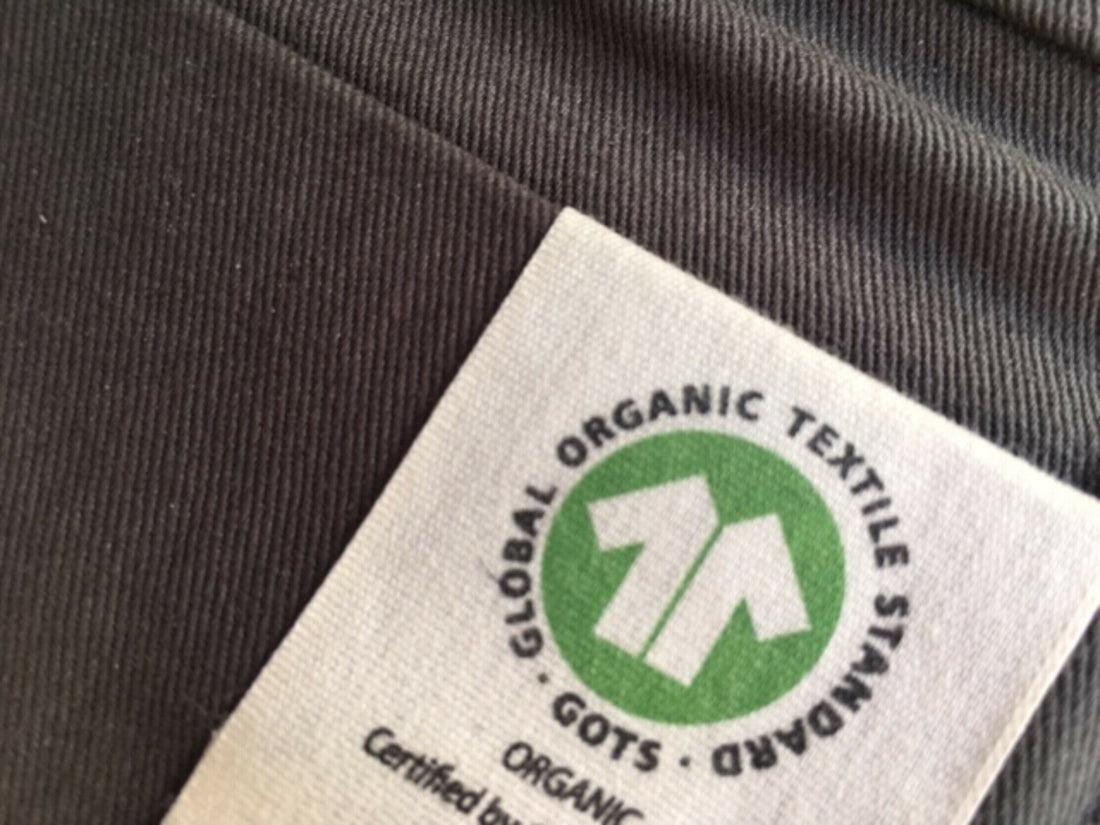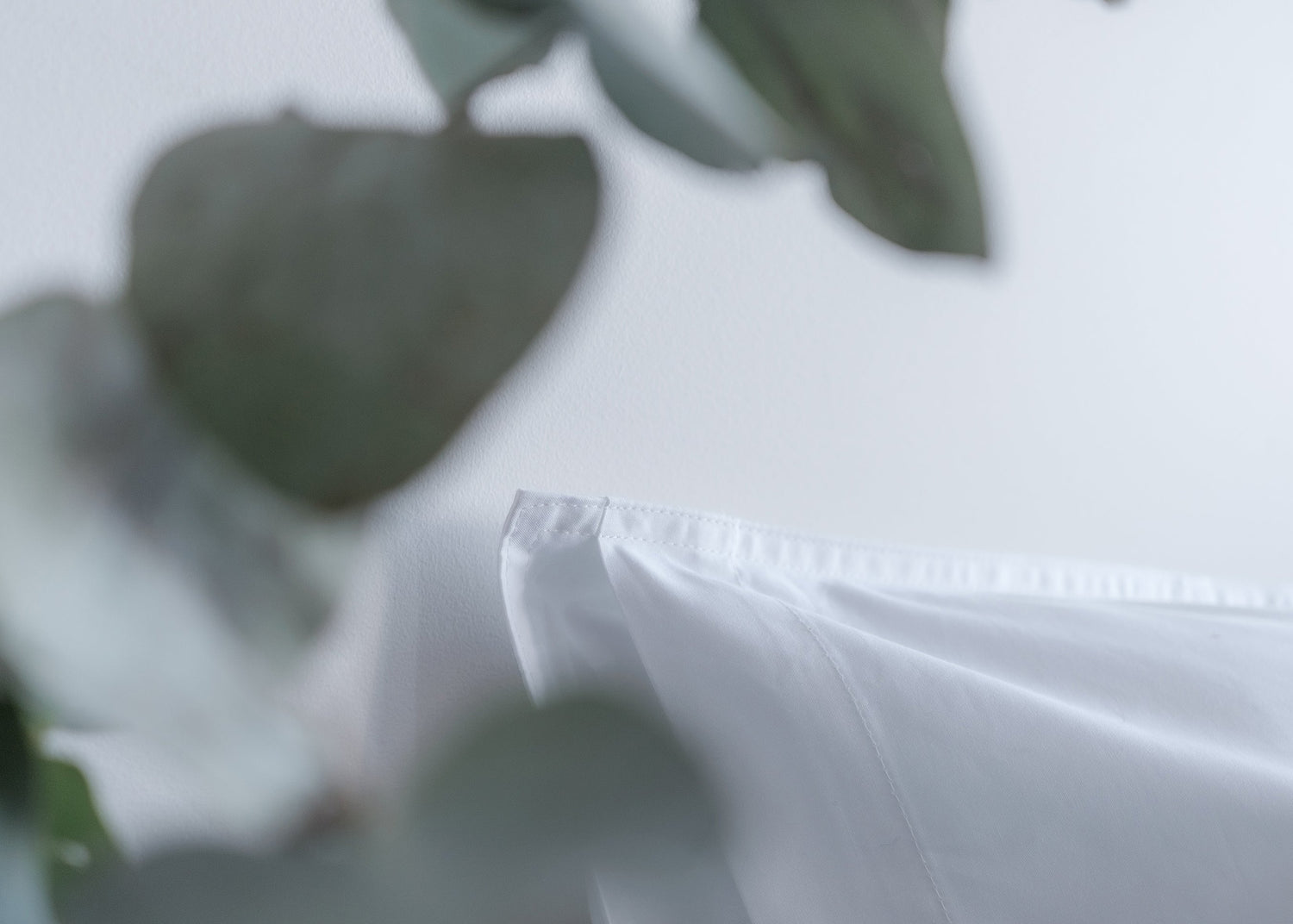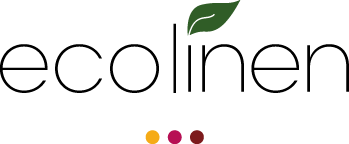
If Organic Products Are Not GOTS Certified, They’re Probably Not Organic
Share
In today’s world of conscious consumerism, "organic" has become one of the most powerful — and most misused — words in marketing. From bedding to food, brands often slap the word "organic" on products to make them seem healthier, safer, or more eco-friendly. But here’s the truth: if a textile product — or the company selling it — isn’t GOTS certified, it’s most likely not truly organic, no matter what the label says.
So, what exactly is GOTS, and why does it matter so much?
What Is GOTS?
GOTS stands for the Global Organic Textile Standard. It is the leading international certification for organic fibres, recognised worldwide for setting the highest environmental and social responsibility standards.
A GOTS certification doesn’t just mean the fibre was grown without pesticides — it guarantees that every step of the process, from harvesting and spinning to dyeing and manufacturing, follows strict organic, ethical, and sustainable practices.
According to the official GOTS website, certified products must contain a minimum of 70% organic natural fibres. For a label to say "organic" without qualifiers, the product must be at least 95% organic. That’s verified by independent third-party inspections — not left up to manufacturers' claims.
Why GOTS Certification Matters
Without GOTS, the word "organic" on a textile product becomes meaningless. Here’s why certification is critical:
- Fibre Content Control: Non-certified "organic" products may only use a small fraction of organic fibres — sometimes as little as 5% — mixed with conventional, chemically-treated fibres.
- Chemical Processing Standards: GOTS-certified products are processed without toxic bleaches, formaldehyde, heavy metals, or other harmful chemicals often used in conventional textile production.
- Environmental Stewardship: GOTS ensures that wastewater treatment, ecological impact, and energy usage are managed sustainably throughout production.
- Fair Labour Practices: Certification requires safe working conditions, no child labour, and fair wages for workers, which unverified products cannot guarantee.
- True Transparency: Every stage of production is audited under GOTS, providing a credible chain of custody from field to finished fabric.
In short, GOTS certification separates true organic products from greenwashing.
Why the Seller’s Certification Matters Too
It’s not enough for a product to claim it uses "organic" materials.
If the company itself is not GOTS certified, there’s no way to guarantee the final product is genuinely organic.
Without certification, companies are not audited to ensure that:
- Organic fibres have been handled properly throughout production
- No chemical contamination has occurred during manufacturing
- Honest labelling standards have been met
Certification must extend through the entire supply chain — all the way to the seller — to ensure real organic integrity.
What Happens When Products Are Not GOTS Certified?
When a product claims to be "organic" but lacks GOTS certification, there’s no guarantee about:
- The percentage of organic fibres
- The chemicals used during processing
- The labour conditions under which it was made
- Its overall environmental footprint
Many so-called "organic" products are grown with organic methods but processed using toxic dyes, plastic-based finishes, and environmentally destructive practices. Without GOTS certification — for the product and the seller — "organic" could mean almost anything.
How ecolinen Guarantees True Organic Integrity
At ecolinen, we don’t play fast and loose with words. We are proudly GOTS-certified, and every one of our organic products is made from 100% GOTS-certified organic cotton.
This means real transparency, real purity, and a genuine commitment to sustainable and ethical practices — not marketing spin.
When you buy organic from ecolinen, you’re not just making a healthier choice for your family — you’re supporting fair labour, cleaner waterways, safer soil, and a better future for our planet.
How to Check for GOTS Certification
Before buying anything labelled "organic," always:
- Look for the official GOTS logo on product labels or product pages.
- Check the certification number — reputable brands display their GOTS certificates openly:
https://global-standard.org/find-suppliers-shops-and-inputs/certified-suppliers/database/search
- Verify that the company itself is GOTS certified — not just the fabric they claim to use.
- Research the brand’s sustainability claims to ensure they match GOTS standards.
If a company or product doesn’t clearly show GOTS certification, it’s safer to assume it’s not genuinely organic.
In Summary
If it’s not GOTS-certified — and if the company itself isn’t certified — it’s probably not truly organic.
At ecolinen, we proudly carry GOTS certification at every level, because you deserve linens that are as pure, honest, and beautiful as they claim to be.

